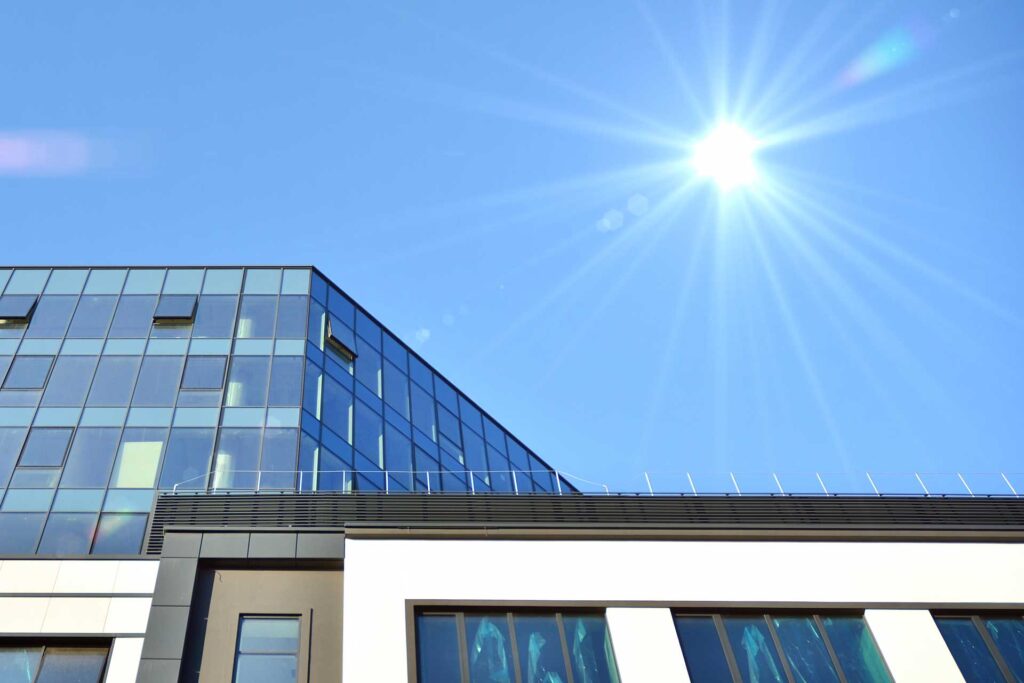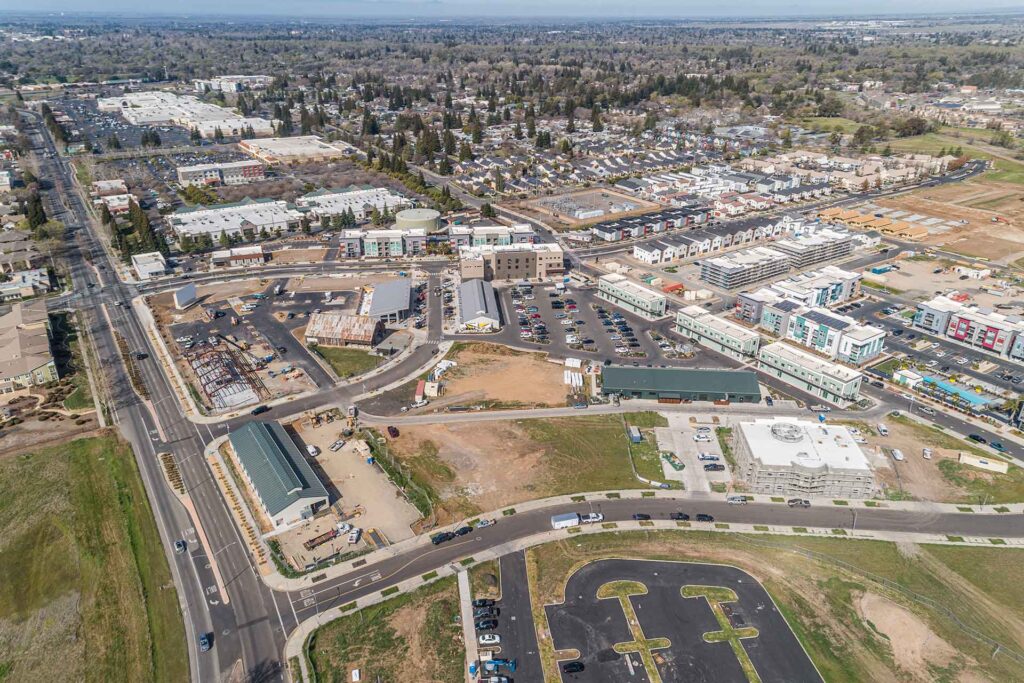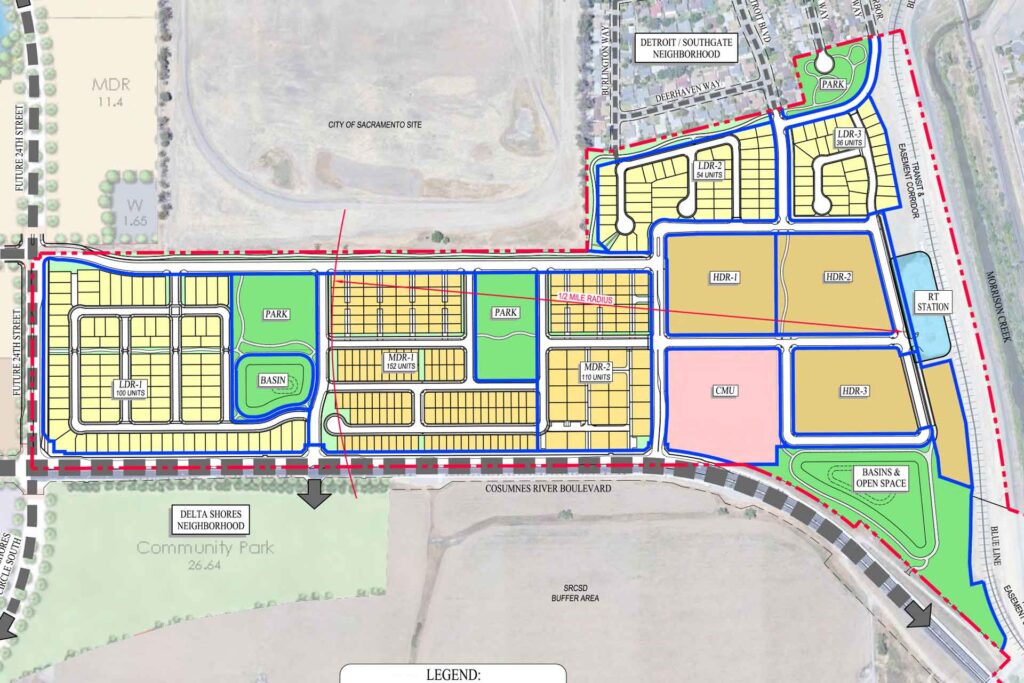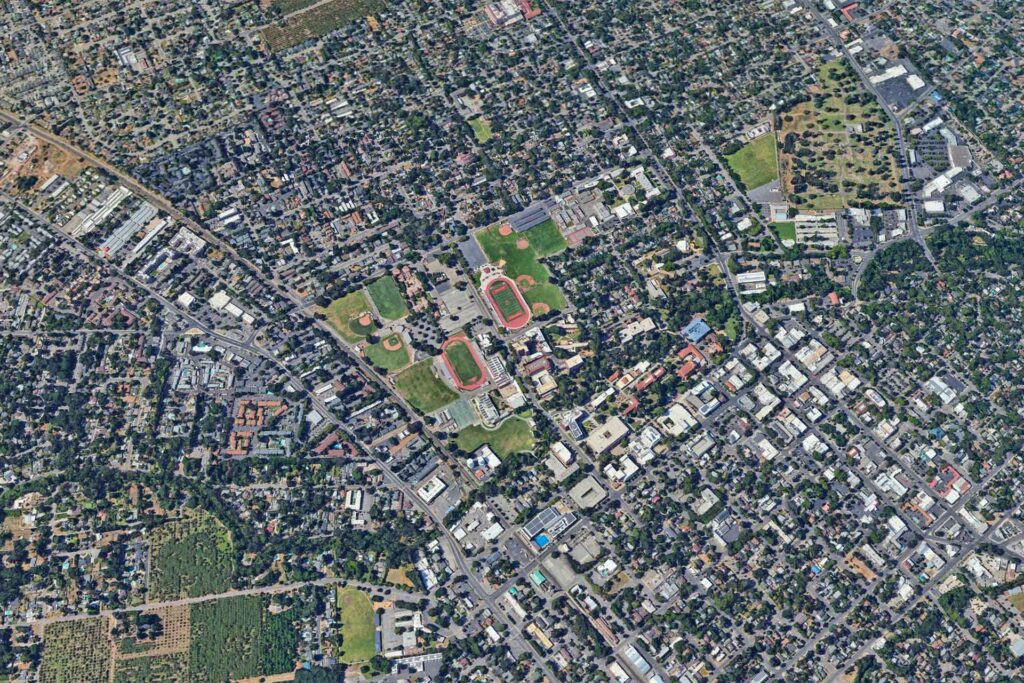These days everyone is asking, “Is now a good time to invest in commercial real estate?” There’s no clear cut yes or no answer in terms of commercial real estate. The answer is more than likely “It depends.” There are a number of key factors that play into the final decision when considering investing in a commercial real estate project. We’ll cover those factors and more in this article so keep reading for the answers. We’ll also include a few tips, including why Capital Rivers Commercial is more active than ever despite other commercial real estate firms scaling back.
What is Your Ultimate Goal?
When you consider making an investment in commercial real estate, start by asking yourself a number of key questions. The answers can help you build a plus or minus analysis that will lead you to a final decision. Some of the questions include the following:
- What is my ultimate goal?
- What market(s) do I want to invest in and why?
- Do I want to purchase, remodel and then spin? Or is it a long term hold?
- How involved do I want to be with the investment?
- Limited partner (hope the investment does well, collect the check)
- Single investor
- Managing Partner (manage and lease the property, report to investors, etc.)
- Is your preference to buy an existing asset that is in need of a remodel (value add) or already a stable project (single tenant, triple net lease)?
- How much of your investment are you willing to risk?
- What debt options are available?
- What are current interest rates? Or are you and/or your investors paying all cash?
- What kind of property am I interested in purchasing? Why?
- Industrial
- Multifamily
- Retail
- Office
- Mixed-Use
- Specialty: IE. Aviation, R&D, etc.
- Land
That’s a lot of questions to start off, right? Let’s dive in and discover more about the commercial real estate market – the conversation below might help you answer those questions.
Ground up Build and the Current Commercial Real Estate Development Market
Let’s start with ground up commercial real estate development. At Capital Rivers Commercial, we are moving forward with these types of development projects. However, we are being very specific in terms of the types of projects we accept. A number of developers have decided to either bail on projects or hit the pause button. There are a number of factors to consider because starting construction can be anywhere from a year on the short end to three to five years depending on the project size, type, location and a variety of other factors.
- Current Economy and Future Economic Predictions
- Current Investment Market Activity and Future Market Predictions
- Current Cap Rates and Future Trends
- Current Availability of Capital (Debt and Equity)
- Current Construction Costs and Future Predictions
- Credit and Financial Strength of Tenant(s)
When we look at the current economy, it’s important to note that borrowing costs have increased significantly in the second half of 2022. Banks are also now requiring more equity in the projects with lower loan-to-value (LTV) or loan-to-cost (LTC) requirements as well as more stringent debt-coverage-ratios (DCR). Developers are having to come up with more equity due to:
- The volatility in the market
- Increased interest rates
- More conservative lender underwriting requirements
- Downward pressure on property values
In the last few years many commercial developers signed deals with really thin margins because there was a lot of competition and everything was trending in the right direction. However, now a lot of those projects don’t pencil. They counted on interest rates remaining historically low, construction costs not increasing at such a high rate, supply chain issues resolving quickly, and cap rates remaining constant or continuing to have downward pressure. But we’ve all seen the news: interest rates are continuing to climb, supply chain issues haven’t improved much in construction and inflation is hitting every sector of the economy. Heading into 2023, many of these same developers are looking at their pro-formas and saying, ‘There’s no money to be made on this project.’ These same developers are looking at the following options:
- They are too deep into the project, so they must push forward.
- Put the project on hold and wait for the market conditions to improve.
- Bail on the project as the investment is now upside down
If the deal doesn’t pencil in the long run, taking a loss up-front and bailing on the project before starting construction might be the best option (if available). But some developers are in so deep that they need to continue to move forward and “develop out” of the situation. In this case they have to work harder to try to mitigate their losses, try to renegotiate lease terms, look at shifting to a long-term hold at completion, etc. In the current market, developers are being squeezed from all sides.
Disruption in the Commercial Real Estate Market
Anytime there is disruption in the commercial real estate market and uncertainty, there’s inherently opportunity. Buying a property with cash and no financing gives you the opportunity to drive the pricing down and it makes you almost recession proof. Bottom line: cash is king in these types of market conditions. If you plan to hold onto the commercial real estate development for the long haul, it’s a great time to invest because prices have compressed and equity is more valuable. Heading into 2023, we are seeing more opportunities for well positioned and strategic investors or developers. But how can both developers and investors be in the position to take advantage of that opportunity?
We’d love to rub a crystal ball to see what the future holds. But because none of us have one, there are steps you can take to ensure success. First, you need room in your deal to handle the bumps in the road and still be profitable when it’s completed. At Capital Rivers Commercial, even in strong markets, we maintain a healthy margin because as previously mentioned, the market can shift quickly. As a developer we are in the risk mitigation business. But we also need to balance that by taking the appropriate calculated risks to maximize profits.
“What If” Scenarios
It’s important to look at all of the “what if” scenarios and to have back-up options if you need to pivot due to changing market conditions. There are some developers that will close quickly with very little due diligence or without getting entitlement or permits in exchange for a lower price on the property or to beat competition. However, we would much rather pay a little more for the property or pass on a deal in exchange for having the time to complete due diligence, secure entitlement, and ideally also secure building permits. The further in the development process you are able to get the more the risks are reduced. Here are some considerations:
- Consider carefully how the deal is structured to mitigate risks.
- Do as much due diligence up-front as possible. Both physical site and market due diligence.
- Continually evaluate the deal to ensure things haven’t changed as you progress through the project. For example:
- Construction costs
- Building Costs
- Tenant Credit
- Cap Rates
- Cost of Capital, etc.
- Be conservative in your underwriting and have a good sized contingency. There are always unexpected expenses in development and it’s just a matter of whether you have adequate reserves in your contingency fund or are they deal breakers.
- If it doesn’t look good – don’t be afraid to walk away from the deal. Some of the best deals Capital Rivers Commercial has done are the ones we walked away from.
In Uncertain Economic Times, Capital Rivers Stays Active in Commercial Real Estate Development
Believe it or not, Capital Rivers Commercial is more active than ever right now, even with inflation and uncertain economic times. We are more engaged than were during the pandemic because we see times like these as opportunities to grow. But, we are working harder than ever to turn over a number of stones to find the best opportunities that meet our conservative underwriting criteria.
In volatile markets such as this, it’s critical to have strong fundamentals, remain disciplined, and to also continually evaluate. Capital Rivers’ sweet spot is retail, light industrial, and the redevelopment of shopping centers and/or similar projects. Developers tend to get into trouble when they start going after everything despite lacking expertise in those particular product types or markets. For example, a developer might not understand mixed use or multifamily, but they go after it anyway because they think it will be profitable. But that’s when trouble starts. At Capital Rivers we remain very focused on the areas we know best. Bottom line: during times like these, commercial real estate typically outperforms many other investments and offers other benefits like depreciation.
The Benefits of Investing in Commercial Real Estate
There are tangible benefits to investing in commercial real estate:
- Ability to depreciate the asset or even accelerate the depreciation with cost segregation.
- Ability to use leverage to acquire a larger asset and/or increase pre or post tax cash flow.
- Long term appreciation.
- Add value through active involvement.
- Commercial real estate is a “tangible” asset offering additional security.
In addition, some investors say current interest rates are high. Yet, if you look at the past 30-40 years, the 6-7 percent cost of money (depending on the product type and specific lender) is still pretty low historically. In the early 1980’s, the 5 year Treasury Rate peaked at above 15 percent and the average was around 3.75 percent.
The investment will likely weather the storm and continue to increase in value over the long-term if the physical property has good intrinsic characteristics, such as:
- Good visibility
- Located in a high growth area
- Good access, etc.
Additionally, if the tenant(s) are of excellent quality as measured by:
- High sales volume
- Low occupancy cost as a percentage of sales
- Good credit, etc.
Valuing the Quality of the Physical Property and Tenant
It also helps if the leverage is on the lower end. We always suggest valuing the quality of the physical property and tenant over maximizing the yield. Recently there has been a trend with investors buying discount stores in rural markets with slow to zero future growth because they could get a higher initial return. However, the long-term value will likely suffer.
When the tenant vacates in the future what’s the value of the physical improvements and likelihood of being able to lease to an alternate tenant? What kind of rent can the investor get in the future? High demand real estate is likely going to continue to be in demand in the future and may even demand much higher rent than when it was initially acquired, even with rental increases during the lease term.
Commercial Real Estate Lesson Learned
A year ago, small strip retail with independent local tenants might have been a great investment because it could be purchased at a reasonable price. But with inflation, small businesses, particularly restaurants, are struggling and that puts them at a higher risk of defaulting on their leases. If you have a loan on the property and the tenants can’t pay the rent anymore, that investment might not look as good now as it did a year ago.
This is why it’s really important to work with an experienced team like Capital Rivers. We focus on looking at the entire scenario including quality of the real estate, types of tenants, sales to occupancy ratios, short and long term goals, level of investor involvement and experience, amount of leverage, etc. We will be the first to say, ‘We would not invest in this deal right now because of these reasons …’ The risk can’t be higher than the reward even in strong markets, but it is even more critical in challenging markets such as today’s.
Capital Rivers Commercial Philosophy
We understand commercial real estate is complicated. To help our clients maximize their efforts with franchise investment opportunities, Capital Rivers Commercial operates in a collaborative environment. All of our brokers specialize in a specific sector of commercial real estate, but we work together to share industry expertise and market knowledge. This approach allows us to have many resources available when working on a project. The variety of expertise developed in our careers prior to and at Capital Rivers benefits the real estate brokers when working with franchisees and franchisors.
At Capital Rivers Commercial, we blend leading technology with old-school work ethic. We love discussing commercial real estate, especially when it comes to franchisees and franchisors. If you are interested in learning more, sign up for our email blast or contact us today.
More about Greg Aguirre
Greg Aguirre, CEO of Capital Rivers Commercial, spent his first 10 years in corporate real estate working for companies including Armstrong Development, JPMorgan Chase, and locally-based Sleep Train before eventually starting Capital Rivers Commercial in Sacramento.
…
At Capital Rivers, we love discussing commercial real estate. If you are interested in learning more, sign up for our email blast or contact us.




